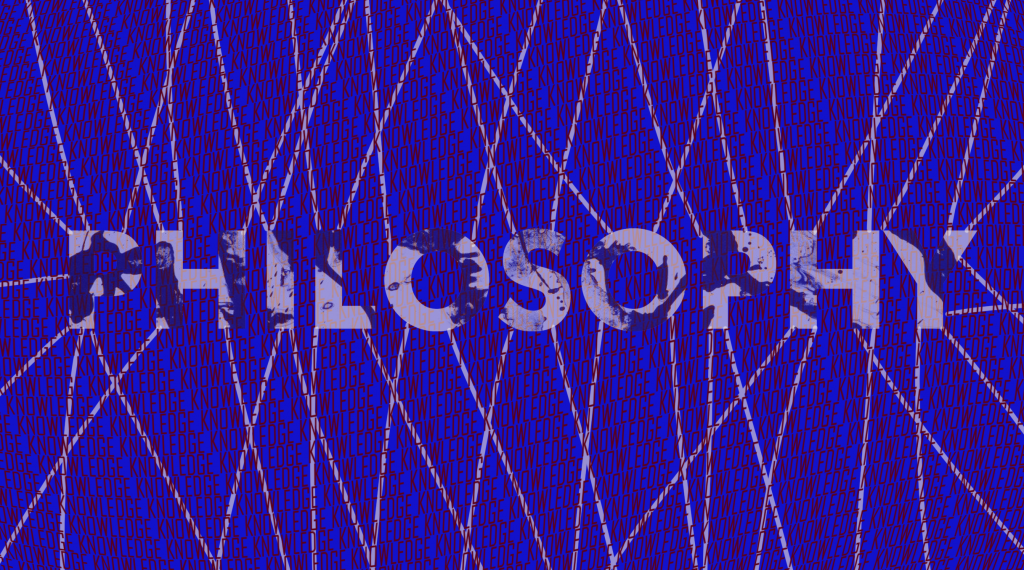Philosophy as Glial Cell (guest post)
Glial cell? “Commonly described as the ‘glue’ that holds the nervous system together, they’re better thought of as infrastructure, the ductwork and insulation that give heft to comparatively sparse neurons. But even this metaphor turns out to be incomplete…”
In the following guest post, Regina Rini, Canada Research Chair in Philosophy of Moral and Social Cognition at York University, shares a new and surprisingly useful metaphor for philosophy and its place among the disciplines.
This is the seventh in a series of weekly guest posts by different authors at Daily Nous this summer.
[Posts in the summer guest series will remain pinned to the top of the page for the week in which they’re published.]
Philosophy as Glial Cell
by Regina Rini
Spending time outside your home country is a powerful inducement to think hard about patriotism. The same, it seems, for pride in one’s academic home. Lately I’ve been involved in several big interdisciplinary projects that have pushed me to think hard about the place of philosophy in shared intellectual life. And I’ve settled on a helpful metaphor. Philosophy provides the glial cells in humanity’s central nervous system. Don’t worry, I’ll explain.
The thing is, if you look only at the pronouncements of made-for-TV scientists like Neil deGrasse Tyson or Richard Dawkins, you’d think scientists routinely disparage philosophy. But—if my experiences talking to real world experimentalists are anything to go by—that’s not right at all. Most scientists don’t seem to have much of any view regarding philosophy, at least not at first. But talk to them for twenty minutes and they are often delighted to face philosophical queries. That’s because philosophers ask the sort of big picture, fully zoomed-out, questions that lab bench science rarely gets to engage.
The reality of scientific practice is that the day-to-day work is hyper-focused: the lab is known for defending a very specific theory, or fine-tuning a long established methodology, or sometimes care and feeding of some extremely expensive equipment. Big questions about conceptual boundaries or the fundamental epistemic credentials of familiar methods just aren’t a good use of time when you’re constantly grinding for grant money. But a collab with a philosopher is an opportunity to step back and see how the local cogs fit into the bigger epistemic machine.
This certainly does not make philosophy the ‘queen of the sciences’, some noble regulatory agency that proclaims investigative priorities or reigns in explanatory excess. Nor is philosophy a handmaid, or brush-clearer, or underlabourer. What all these metaphors miss is that interaction can be lateral and distinctive without being hierarchical.
And so: glial cells. If you took a basic psychology class, you might vaguely recall them as the unsexy complement to neurons. Commonly described as the “glue” that holds the nervous system together, they’re better thought of as infrastructure, the ductwork and insulation that give heft to comparatively sparse neurons. But even this metaphor turns out to be incomplete. In the last two decades, neuroscientists have begun to appreciate that glia play a much more active role in brain development. Astroctyes, one sort, project long spindly threads that appear to forge connections between groups of neurons, breaking paths for future growth. Another type, microglia, seem to be responsible for decommissioning synapses that have outlived their usefulness.
The old view of glial cells as inert glue reflected limited temporal attention. If you watch the nervous system for only a few seconds, it seems like all the action is in those electrically-firing neurons. But on a time scale of years or decades, you cannot understand the functional organization of a brain without taking into account the pulling and pruning influence of the unsung glia.
Where am I going with this? As I’ve come to see it, the sciences (also some humanities, like history and literature) are neurons in the metaphorical brain that holds collective human knowledge. They have their specific functions, their well-worn electrical pathways. They are efficient and flashy and they yield new insights almost every day. But they don’t work at all without some sort of active go-between, another coequal system that plays at the synapses, draws the long associative connections, and sometimes steps in to pronounce an end to outmoded linkages.
Philosophy: we are the glial cells of humanity’s brain. We specialize in the resources—analysis, synthesis, analogy, clarity—that actively hold everything else together. Though we rarely get the headlines (still less the grant money) of our neuronal partners, our long-term influence is ignored at peril. And it’s nonsense to ask who labours under who. We are tangled ‘round their axons in all three dimensions, and no one is going anywhere alone.


This is great! A really wonderful analogy. Is there any way this could be translated into actions to stop admins from closing philosophy departments?
Reminds me a bit of Sellars:
“The aim of philosophy, abstractly formulated, is to understand how things in the broadest possible sense of the term hang together in the broadest possible sense of the term.”
A nice analogy and similar to what Mary Midgley says in ‘What is Philosophy For?’ (highly recommended, well written and short). It’s also the second-part of an argument in a recent book by Jane Gatley arguing for the place of philosophy on school curricula. My hope is that there is perhaps some consensus forming around this idea of how philosophy fits in with other disciplines.